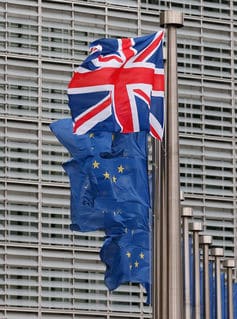Asia could be the World’s Brexit Shock Absorber
The shock of Britain’s vote to exit the European Union (EU) will reverberate around the world for decades to come. In addition, Asia isn’t immune. The direct effect on stock markets and exchange rates around the region is a modest harbinger, but that’s only the beginning.




